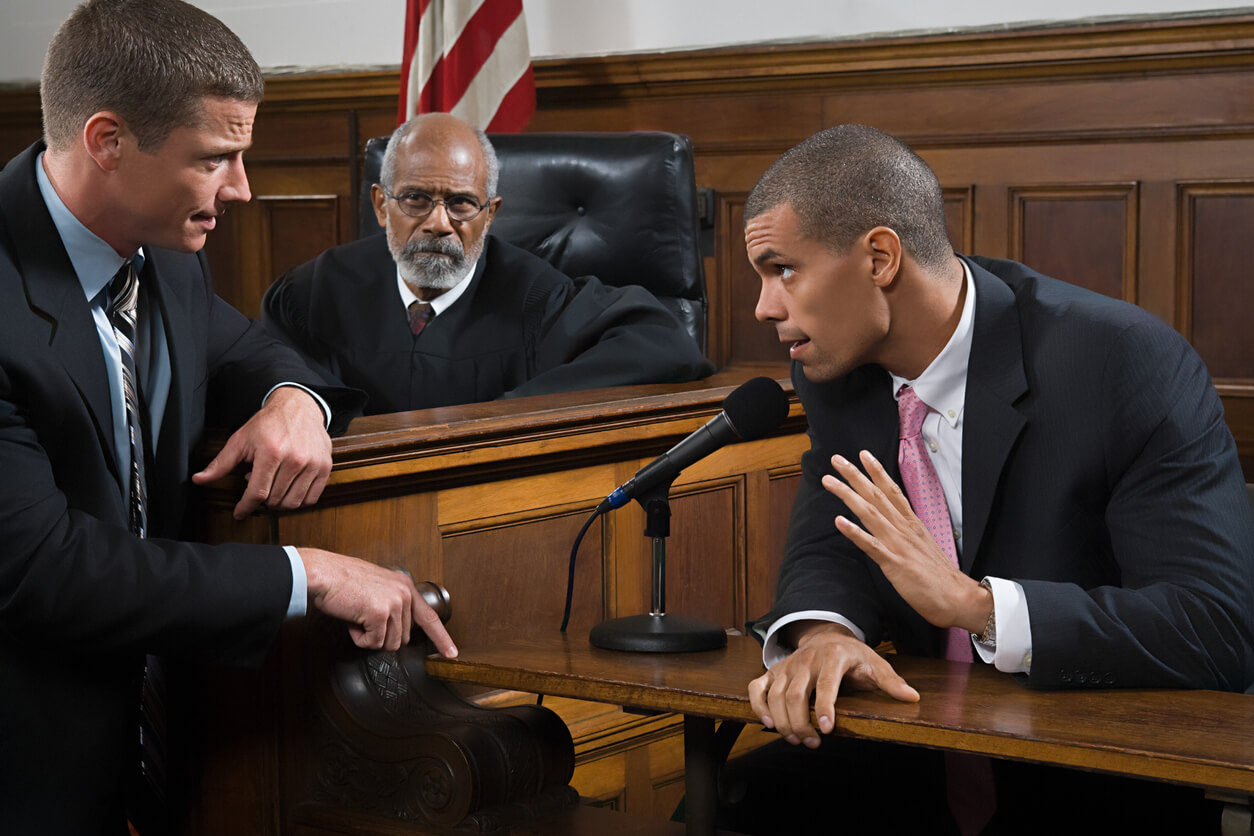If you have been listed as a witness at a criminal trial, you may be anxious about what to expect on the stand. The side that listed you as a witness, either defense or the prosecution, will be able to question you first on what is referred to as “direct.” After direct, which can actually be a rather lengthy process, you may be subject to cross-examination by the opposite side. Cross-examination is usually an opportunity for the other side to impeach the credibility of a witness and undermine his or her testimony while, at the same time, attempting to strengthen their own case. The thought of your credibility being impeached may be alarming. It is true, cross-examination can lead a person to get defensive fairly quickly. To help you best prepare yourself for cross-examination, we have gathered some tips for you.
How to Prepare to be Cross-Examined
While direct examination can often involve detailed accounts and more of a narrative style of responses to questions, cross-examination answers should be kept short and to the point. You should review those points of your testimony that the other side is likely to bring up on cross. Rehearse those key aspects of your story. Never feel the pressure to make up an answer to a question if you do not know the answer. If you do not know the answer, say you do not know the answer. Not guessing at things and being honest is always the way to go.
Remain calm. Again, it is likely that the attorney questioning you is attempting to impeach your credibility and undermine your testimony. This may lead to some discomfort, to say the least. Do your best to remain calm. Remember, the jury is watching you. Do not feed into the attorney trying to make you look bad. Also, keep in mind that a slight slip up during cross-examination is not the end-all-be-all of things. Your attorney has an opportunity to clear this mishap up on redirect, which is the line of questioning that can occur after the completion of cross-examination.
Body language can also be important when being cross-examined. Whatever kind of body language you had with the attorney on direct should continue through cross. The jury will notice if you suddenly get very defensive, cold, or aggressive when the other attorney begins his or her line of questioning and this will usually not read well for them. Also, be mindful of eye contact. As a general rule of thumb, your eyes should go where the jury’s eyes go. If the jury is looking at an exhibit, you should be looking at the exhibit. If the jury is looking at the attorney questioning you, you should look at the attorney. If the jury is looking at you, you should look at the jury.
Criminal Defense Attorney
At the Law Office of Bryce Cook, we know that criminal trials can be won or lost in the details and that is why we are committed to being steadfast in everything, including witness prep. We are dedicated to providing our clients with the strongest legal support we can. Contact the Law Offices of Bryce Cook today.

